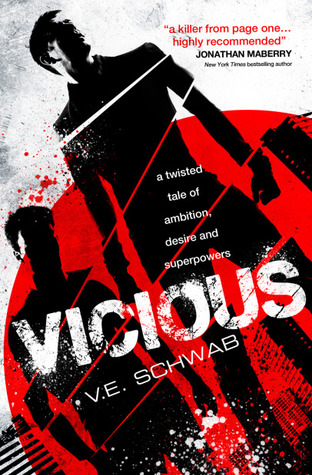
So, you have an idea for a screenplay with a great plot, now what? Don’t forget the importance of writing well-rounded characters. Audiences need characters to hate, love, cherish, and tell the story fully. Without fully thought out characters, a movie or TV show can seem dull. Luckily, there are many tips and tricks on how to develop characters for TV and film. Here are some tips on how to write compelling characters for the screen.
Archetypes
Carl Jung created Twelve Archetypes of Humanity and analyzed how people generally behave with these twelve types. This can be a great jumping off point if you are unsure how your characters move around in the world and carry themselves based on history, culture, and assimilation to their environments. The twelve Archetypes include; The Innocent, Everyman, Hero, Outlaw, Explorer, Creator, Ruler, Magician, Lover, Caregiver, Jester, and Sage. You see many of these archetypes in movies and tv shows already. For example, the Lover can be seen in many romantic tragedies and comedies such as West Side Story and Forgetting Sarah Marshall. Check out this video for more information on Archetypes.
https://youtu.be/V8WuljiJFBI
Analysis
Ask yourself questions about the character such as; What is the character’s main goal? What is their secondary goal(s)? How do they interact with the other characters? Where do they live? What do they do in their spare time? The more analysis you do and the more questions you ask yourself about the characters, the more they will come to life.
Create a Great Introduction
Remember, you only get to introduce your character in a film or TV show for the first time, once. Make sure it is memorable and encapsulates key factors about your character that you need the audience to know and retain. If your character is a villain, is there something that could suggest that in the first encounter? If they are supposed to be hilarious, do they crack a joke right away? Think about the first moment and how the character appears to the other characters as well as the audience.
Consider Classes
Finally, consider furthering your education to help with writing these characters and their complex backgrounds. Having a space to explore your writing skills under the guidance of professionals is one of the best ways to learn. For example, Digital Film Academy offers screenwriting and film history classes as a part of the curriculum to better your film writing skills.
If you are interested in learning more about Digital Film Academy join us for our next free online Open House on July 7th at 6pm EST.
This is a free virtual open house where we will be hosting a demonstration film class and going over more information about the programs we offer.



















